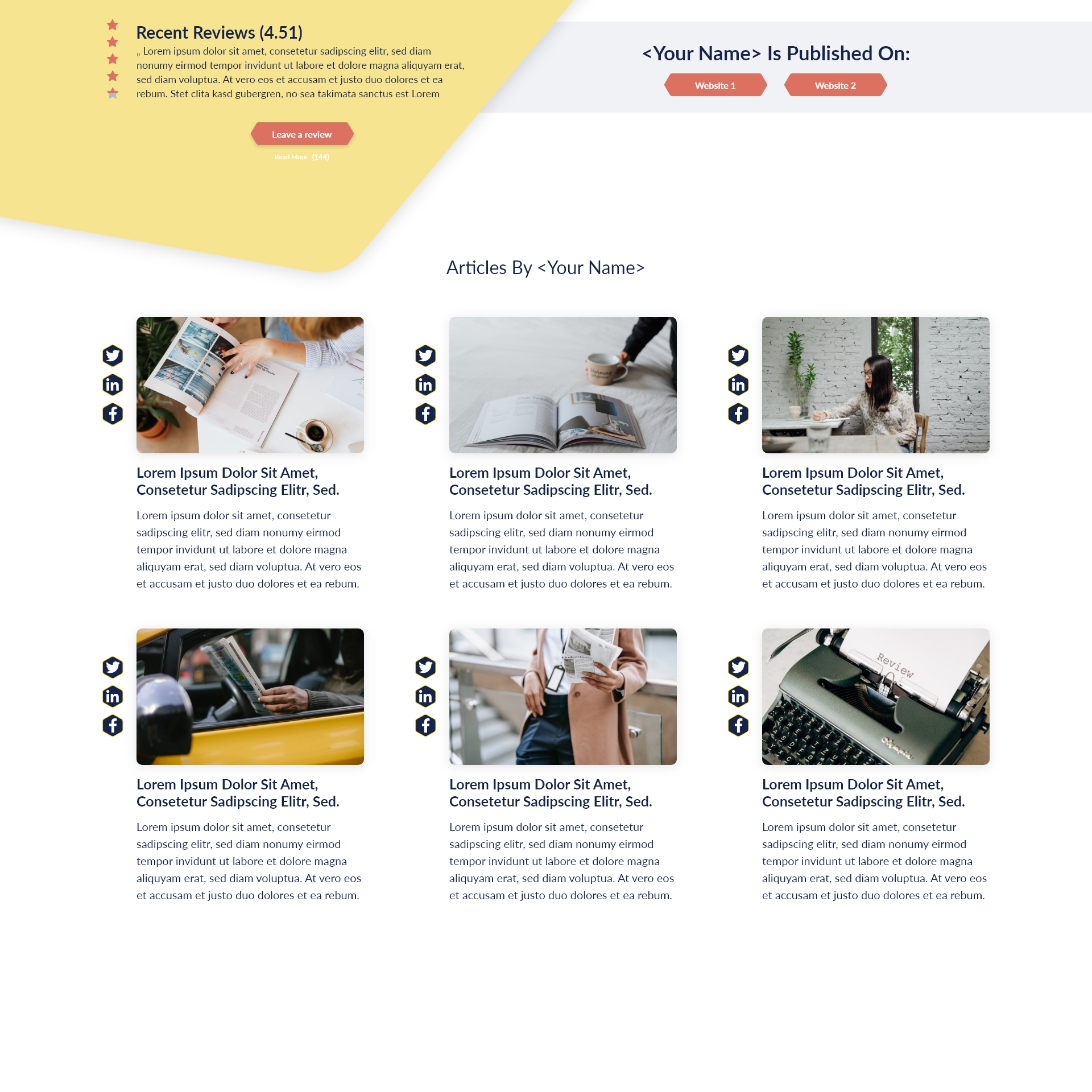Key Takeaways:
- Strong leadership mentoring programs foster emotional intelligence, ethical decision-making, and effective communication within organizations.
- Cultivating a mentorship culture builds cohesion, inclusivity, and resilience across diverse teams.
- Leaders who model adaptability, self-awareness, and authentic motivation inspire high-performing teams and sustainable organizational growth.
The Cornerstones of Leadership Qualities
Great leaders aren’t just born—they’re built through a combination of insight, skill, and intentional mentorship. In today’s organizations, especially within sectors driven by mission and public service, exceptional leadership hinges on more than technical expertise. It requires the mastery of essential qualities: emotional intelligence, ethics, transparent communication, adaptability, and a commitment to learning and growth. These cornerstones not only elevate individual performance but also cultivate a mentorship culture that inspires, empowers, and drives teams toward lasting success.
Modern leadership mentoring programs and staff mentorship strategies are central to shaping this culture. Such efforts ensure the continuous development of high-potential employees, foster a collaborative atmosphere, and support organizations in navigating change and complexity with confidence.
Developing Emotional Intelligence for Leaders: The Foundation of Effective Leadership
Recognizing and Regulating Emotions in the Workplace
Emotional intelligence (EI) is paramount for leaders aiming to create a thriving workplace. Recognizing one’s own emotions—and understanding their impact on reasoning and behavior—sets the tone for interpersonal effectiveness. Leaders should routinely self-reflect, checking in with their emotional state before pivotal conversations and being mindful of the emotions of others. Techniques such as pausing before responding and employing stress management strategies help leaders act with intention rather than react impulsively.
How Emotional Intelligence Strengthens Team Cohesion
High-EI leaders serve as role models, demonstrating empathy, patience, and thoughtful communication. By acknowledging both the emotional and professional needs of team members, leaders foster environments of trust and respect. Teams led by emotionally intelligent leaders are more likely to collaborate openly, resolve interpersonal issues swiftly, and rally around shared goals—key attributes in any effective mentoring culture.
Effective Communication Skills for Managers: Building Trust as a Team Leader
Tips for Open Dialogue and Active Listening
Open, honest dialogue is the backbone of any successful mentorship program. Leaders can build trust and rapport by inviting feedback, actively listening to concerns, and clarifying understanding before moving forward. Practicing open-ended questions, reflecting back what you’ve heard, and reserving judgment all contribute to creating a safe conversational space.
Aligning Team Goals Through Transparent Communication
Transparency bridges the gap between management and staff, ensuring everyone understands organizational objectives and their own role in achieving them. Consistent, candid communication keeps teams informed, aligned, and engaged. Leaders should set clear expectations, update teams on progress, and celebrate shared wins to reinforce a sense of collective purpose.
Decision Making in Team Leadership: Combining Visionary and Ethical Qualities
Real-World Visionary Leadership Examples in Practice
Visionary leaders guide teams through uncertainty by articulating a clear, inspiring direction for the future. They combine strategic foresight with an openness to new ideas. For instance, during organizational restructuring, a visionary leader might seek employee input, communicate the reasoning behind changes, and help teams visualize how their efforts contribute to a reinvigorated mission.
Ethical Leadership Characteristics That Guide Better Decisions
Ethical leadership involves fairness, integrity, and a commitment to doing what’s right—even under pressure. Leaders should establish transparent decision-making frameworks, solicit diverse perspectives, and weigh the short- and long-term implications of their choices. By modeling ethical principles, they set standards for conduct that colleagues can emulate throughout the organization.
Conflict Resolution Strategies in Leadership: Maintaining Team Harmony
Addressing Disagreements Constructively
Disagreements can be a catalyst for innovation when managed constructively. Leaders should approach conflict with curiosity, seeking to understand underlying interests rather than assigning blame. Providing a forum for all voices to be heard and keeping conversations focused on solutions enables teams to move past impasses and learn from differences.
Techniques to Foster Collaboration Amidst Conflict
Effective mentors and leaders encourage co-creation, even during disagreement. They may employ conflict resolution techniques such as mediation or structured problem-solving, emphasizing shared goals. Reinforcing mutual respect and a collective commitment to success transforms conflict into opportunities for team growth and resilience.
Motivating and Inspiring Employees: The Role of Authentic Leadership Style
Benefits of Authentic Leadership Style on Employee Engagement
Authentic leaders build loyalty and motivation by staying true to their values, being transparent about challenges, and showing genuine concern for employee well-being. When staff perceive their leaders as authentic, they’re more likely to engage enthusiastically, contribute creative solutions, and take initiative within mentorship structures.
Encouraging Resilience and Perseverance in Challenging Times
In difficult periods, leaders can inspire perseverance by modeling optimism, recognizing small progress, and sharing stories of past challenges overcome. Encouraging peer mentoring relationships within the team fosters a network of support, helping employees stay adaptable and motivated despite uncertainty.
Adaptability and Delegation Techniques for Leaders: Achieving Organizational Success
Delegation Techniques for Leaders to Empower Teams
Effective leaders recognize that empowering others through delegation contributes to skill development and employee engagement. Delegating not just tasks but authority provides team members with opportunities to take ownership and grow as leaders themselves. Setting clear boundaries, providing the necessary resources, and following up with constructive feedback ensures that delegation drives both results and growth.
Adaptability in Leadership Roles During Change and Uncertainty
Adaptable leaders respond proactively to change, embracing new information and pivoting strategies as needed. Modeling flexibility, encouraging experimentation, and openly discussing lessons learned all build a team culture that thrives even in evolving environments. This adaptability is especially vital in public sector organizations facing policy shifts or new technology implementations.
Influence and Self-Awareness: Keys to Inclusive Leadership Best Practices
Developing Self-Awareness for Organizational Leaders
Self-awareness serves as a leader’s internal compass. Leaders should solicit regular feedback from peers, mentors, and direct reports, integrating insights to refine their behaviors and approaches. Leaders who understand their strengths, limitations, and impact are better positioned to mentor others and create inclusive, high-performing teams.
Inclusive Leadership Best Practices for Diverse Teams
Inclusive leaders recognize the value of diverse perspectives and intentionally foster environments where every team member feels welcome, respected, and heard. They support professional development for underrepresented groups, challenge bias proactively, and adapt communication and mentoring strategies to meet varying needs. Such practices not only enhance team dynamics but also drive innovation and meet the needs of a diverse workforce.
Through integrating these leadership strategies into staff mentorship and leadership mentoring programs, organizations can build a mentorship culture that ensures lasting results—for employees and mission alike. Continuously investing in leadership development fosters a vibrant, collaborative environment where individuals and teams flourish together.








